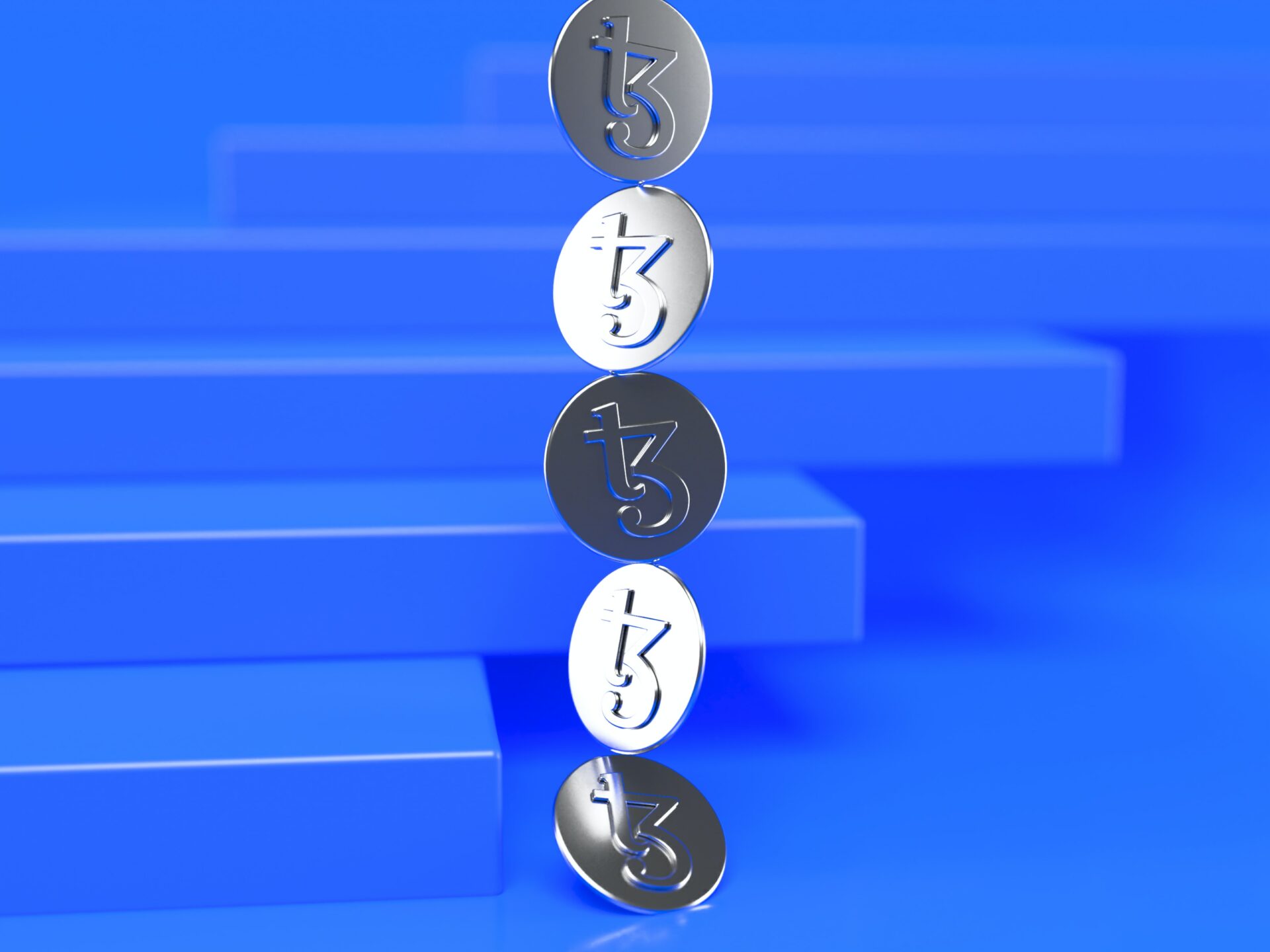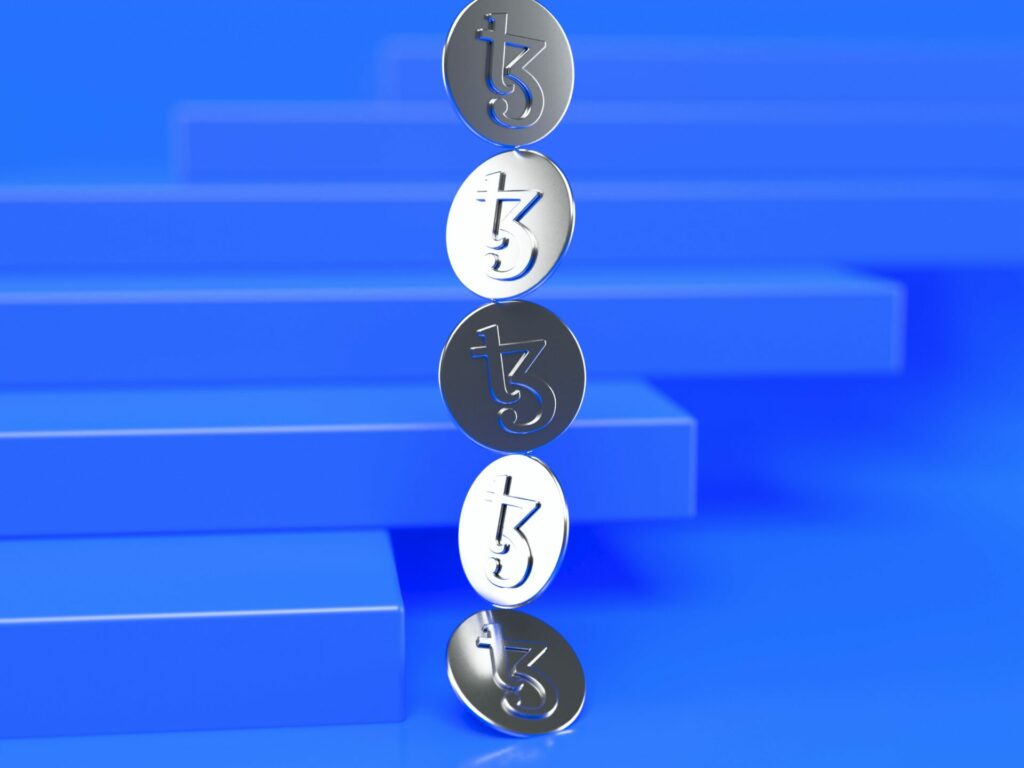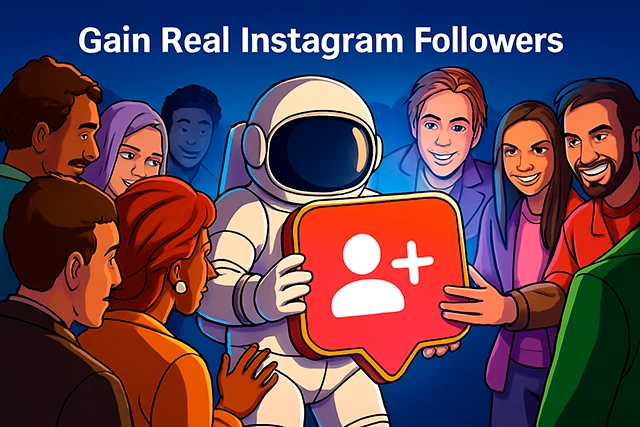Exploring NFT Marketplace Platforms: Unlocking the Potential of Digital Assets Great

NFT marketplace platforms in the fast-evolving world of blockchain technology, Non-Fungible Tokens (NFTs) have emerged as a groundbreaking innovation. NFTs represent unique digital assets that can be bought, sold, and owned securely on the blockchain. The popularity of NFTs has given rise to a thriving ecosystem of NFT marketplace platforms, which serve as the virtual marketplaces for trading these digital treasures. In this article, we will delve into the world of NFT marketplace platforms, discussing their key features, popular platforms, factors to consider when choosing one, and steps to participate. By the end, you’ll have a better understanding of how these platforms function and the opportunities they offer.
See also : Blockchain in Healthcare: Revolutionizing the Industry’s Future Opportunities

Key Features of NFT Marketplace Platforms:
NFT marketplace platforms possess several essential features that facilitate the seamless exchange of digital assets. Firstly, these platforms offer a user-friendly interface, ensuring that both creators and collectors can navigate through the marketplace effortlessly. This simplicity encourages widespread adoption and enables users to focus on the assets themselves.
Moreover, security and transparency are paramount in NFT transactions. Marketplace platforms employ blockchain technology, ensuring the immutability and traceability of ownership. This creates a trustworthy environment for buyers and sellers, mitigating the risk of fraud or counterfeiting.
NFT marketplace platforms also integrate digital wallets, allowing users to manage their cryptocurrency funds conveniently. This integration streamlines the payment process, as users can transact using various cryptocurrencies, such as Ethereum, directly from their wallets.
To help users discover the desired digital assets, these platforms provide robust search and discovery mechanisms. Users can search by categories, artists, or keywords, making it easier to explore the vast array of NFTs available.
Smart contract functionality is another crucial aspect of NFT marketplace platforms. Smart contracts ensure that the terms and conditions of transactions are executed automatically, eliminating the need for intermediaries. This automation streamlines the entire process, reducing transaction costs and enhancing efficiency.
Additionally, customization and personalization options enhance the user experience on these platforms. Creators can add descriptions, images, and metadata to their NFTs, making them more appealing to potential buyers. Such features allow for a deeper connection between creators and collectors.
Factors to Consider when Choosing an NFT Marketplace Platform:
Selecting the right NFT marketplace platform is crucial for success in the digital asset space. Several factors should be taken into account before making a decision:
Reputation and credibility play a vital role in choosing a platform. Look for platforms with a strong track record, positive user reviews, and notable partnerships. Trustworthiness is key when dealing with valuable digital assets.
Transaction fees and revenue sharing models should align with your goals. Some platforms charge higher fees, but they might offer better exposure and marketing opportunities. Evaluate the fee structure and ensure it aligns with your budget and expected returns.
Consider the size and activity of the community on each platform. A vibrant community will attract more buyers and increase the visibility of your NFTs. Engaging with fellow creators and collectors can also open doors for collaborations and networking.
Supported blockchain networks are essential, as they determine the scalability and interoperability of your NFTs. Ethereum is the most widely adopted blockchain for NFTs, but platforms supporting other networks, like Binance Smart
Chain or Flow, might offer alternative advantages.
Curation and listing policies should align with your artistic vision and goals. Some platforms have strict curation processes, while others allow more freedom. Consider the platform’s approach to ensure it matches your artistic style and intended audience.
Integration with external platforms, such as social media or digital art platforms, can expand your reach and increase exposure for your NFTs. Look for platforms that offer seamless integration with your preferred channels.
Steps to Participate in an NFT Marketplace:
To get started with NFT marketplace platforms, follow these steps:
- Create an account and set up a digital wallet: Register on the platform of your choice and create a secure account. Set up a compatible digital wallet to store your cryptocurrencies and NFTs.
- Mint or create NFTs: Convert your digital assets into NFTs by minting them on the blockchain. This process involves defining the asset’s uniqueness, attaching metadata, and storing it securely on the blockchain.
- Upload and list NFTs: Once minted, upload your NFTs to the marketplace platform. Provide accurate descriptions, images, and relevant details to attract potential buyers.
- Promote and market your NFTs: Utilize social media, online communities, and digital art platforms to promote your NFTs. Engage with the NFT community, collaborate with fellow creators, and participate in events or auctions to increase visibility.
- Engage with the NFT community: Build connections within the NFT community by participating in discussions, attending virtual events, and supporting other creators. Engaging with the community can foster valuable relationships and open doors for future opportunities.
Challenges and Opportunities in NFT Marketplace Platforms:
Despite their immense potential, NFT marketplace platforms face challenges that need to be addressed. Scalability and environmental concerns are among the most pressing issues, as the energy consumption of some blockchain networks raises questions about sustainability. Efforts are being made to find more eco-friendly solutions.
Intellectual property rights and legal considerations surrounding NFTs are still evolving. Creators and buyers must navigate copyright issues, licensing agreements, and ownership rights in the digital realm.
Secondary market dynamics and royalties are also areas of interest. As NFTs change hands in the secondary market, creators may benefit from royalties to ensure continued revenue from their works.
Despite these challenges, NFT marketplace platforms offer exciting opportunities for creators, collectors, and investors. The market is constantly evolving, and new trends, technologies, and partnerships are emerging, further expanding the potential of this digital frontier.
Conclusion:
NFT marketplace platforms have revolutionized the way digital assets are bought, sold, and owned. These platforms provide a secure and transparent environment for creators and collectors to engage in the NFT ecosystem. By understanding the key features, popular platforms, factors to consider, and steps to participate, you can unlock the potential of this rapidly growing market. Embrace the opportunities, connect with the community, and explore the limitless possibilities of NFTs. The digital art world is at your fingertips!
And for those of you who want to grow your Instagram account, you can directly use our service free instagram followers and you can like your post on instagram with Free instagram likes







